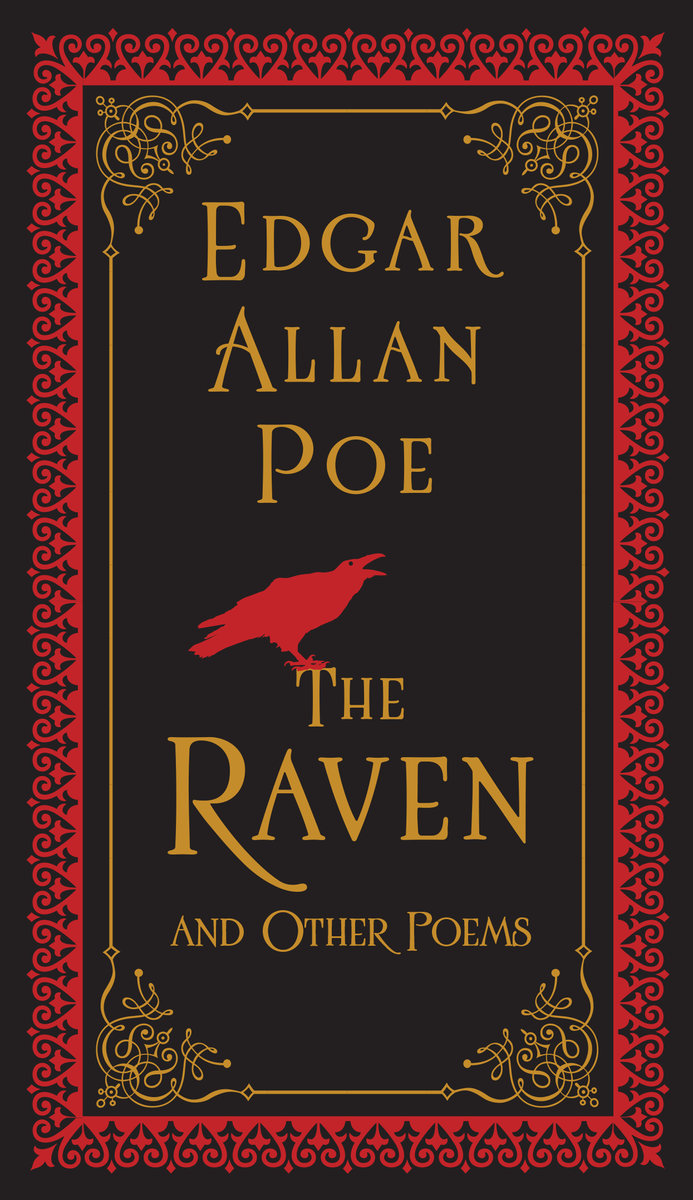Quoth the Raven, Nevermore.
With that undying line Edgar Allan Poe ensured his immortality in the annals of American letters. What student of literature or lover of poetry is not familiar with his poem The Raven, and the heartbreaking message implicit in its melancholy refrain?
The Raven is by far Poe´s best-known poem and it is one of more than forty to be found in The Raven and Other Poems, a volume that collects the best of Poe´s exercises in verse. Here, readers are treated to such masterpieces as Annabel Lee, The Haunted Palace, The Conqueror Worm, The City in the Sea, Lenore, and many more. These poems are imbued with the somber seriousness that we associate with Poe´s macabre fiction, but also with his marvelous appraisals of the mysteries of our and other worlds, and his fervent belief in undying love.
The Raven and Other Poems is one of Barnes & Noble´s Collectible Editions classics. Each volume features authoritative texts by the world´s greatest authors.


